2011 Mazda 2 Brake Rotors and Pads
Click here to search another vehicle
All Rotors:
OEM x
Coated x
Drilled, Slotted and Coated x
Front x
Rear x
All Pads:
Ceramic x
Semi-metallic x
Front x
Rear x
Found 5 record
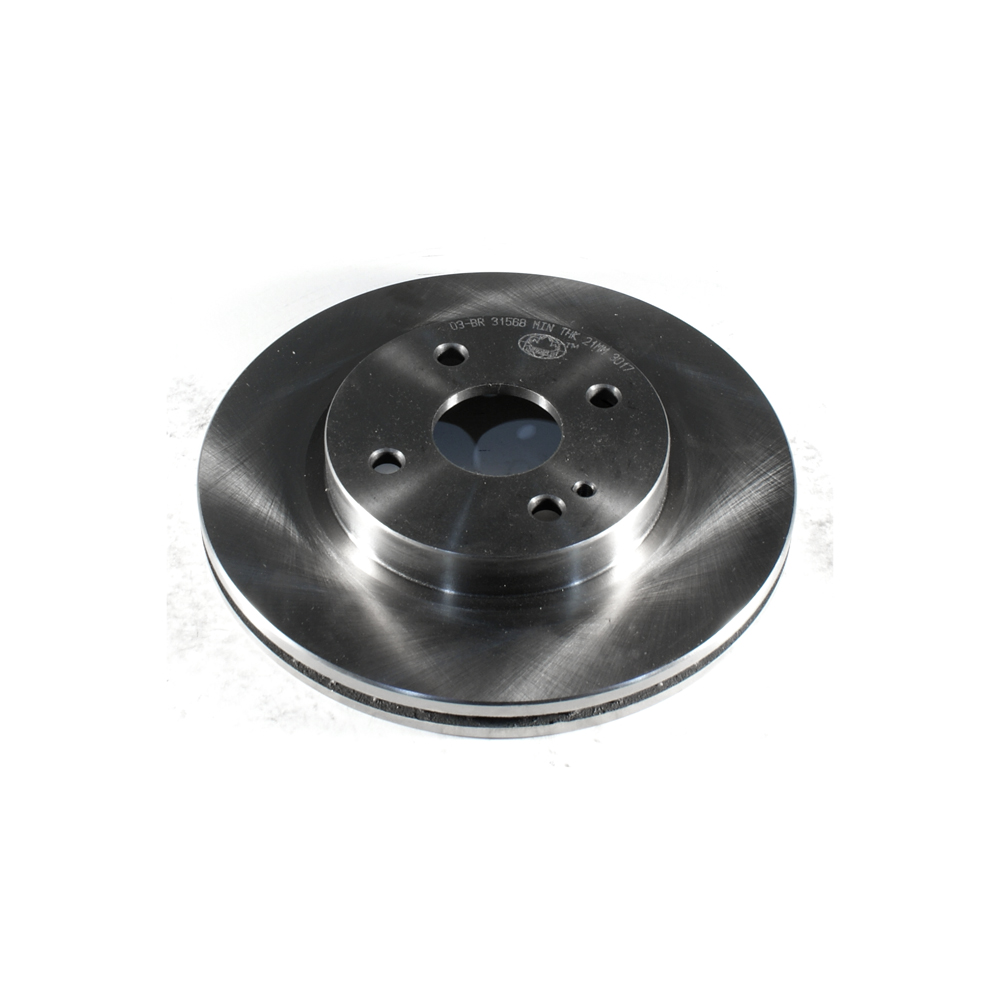
Part No: BR31568
Raybestos: 980863
OE:
Raybestos: 980863
OE:
$36.18 each
Per Car QTY: 2
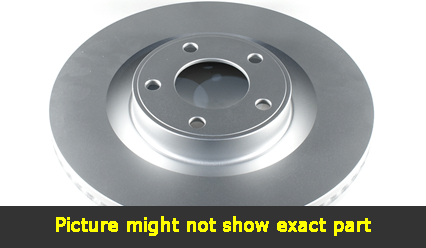
Part No: PP31568
Raybestos: 980863
OE:
Raybestos: 980863
OE:
$46.67 each
Per Car QTY: 2
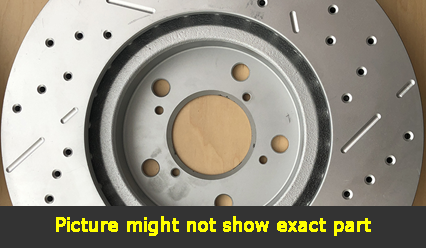
Part No: SP31568L
Raybestos: 980863
OE:
Raybestos: 980863
OE:
$79.07 each
Per Car QTY: 1
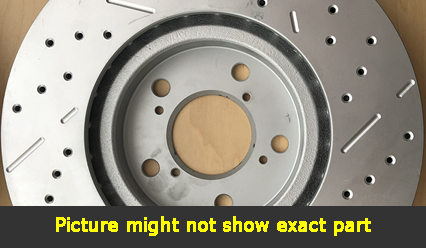
Part No: SP31568R
Raybestos: 980863
OE:
Raybestos: 980863
OE:
$79.07 each
Per Car QTY: 1
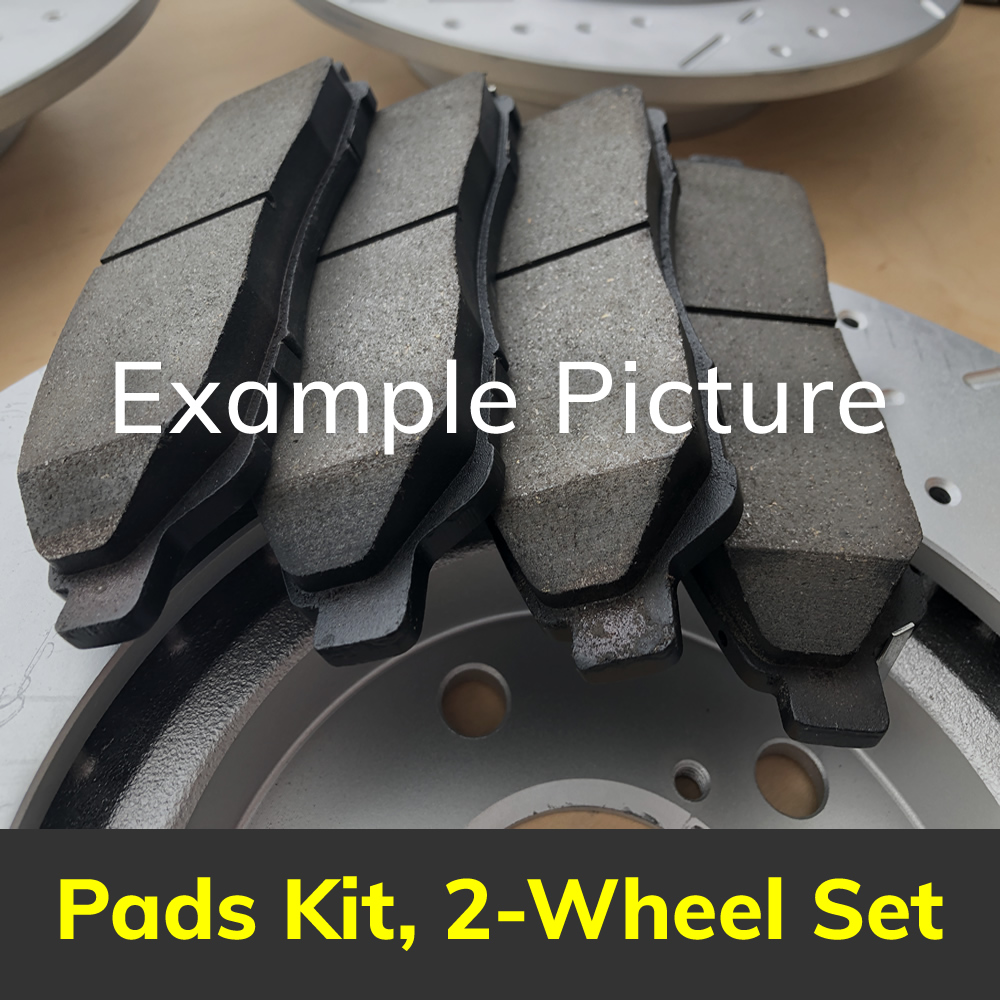
Part No: PD1454C
Raybestos: 1454
OE:
Raybestos: 1454
OE:
$34.38 each
Per Car QTY: 1
When it comes to choosing brakes for your car, there are a few important rules that every car owner should follow. The brakes are one of the most crucial parts of any vehicle, ensuring your safety and the safety of others on the road. For owners of a 2011 Mazda 2, here are some guidelines to help you choose the right brakes for your vehicle.
1. Know Your Brake Types: There are two main types of brakes: disc brakes and drum brakes. Disc brakes are the most common type found in modern cars and offer better stopping power and heat dissipation. Drum brakes, on the other hand, are older technology and are typically found in the rear wheels of some vehicles. Before purchasing new brakes for your Mazda 2, make sure you know which type your car has.
2. Match the Original Specifications: It is always recommended to choose brakes that match the original specifications of your Mazda 2. This ensures proper fitment, compatibility, and performance. Refer to your car's owner's manual or consult a professional mechanic to determine the exact specifications for your vehicle.
3. Consider Your Driving Habits: Your driving habits and conditions should also be taken into account when choosing brakes. If you mostly drive in heavy traffic or frequently encounter stop-and-go situations, you may want to opt for high-performance brakes that offer excellent stopping power and fade resistance. Conversely, if you primarily drive on highways or rarely engage in aggressive driving, standard brakes should suffice.
4. Quality Matters: When it comes to brakes, never compromise on quality. Brakes are a critical safety component, and choosing inferior or cheap brakes can jeopardize your safety on the road. Stick to renowned brands and trusted manufacturers that have a proven track record in producing reliable and durable brakes.
5. Seek Professional Advice: If you are uncertain about which brakes to choose for your Mazda 2, seek the advice of a professional mechanic or automotive specialist. They can provide valuable insights, recommend suitable options, and ensure a proper installation. They will also help you determine if any additional components, such as rotors or pads, need replacing.
6. Consider Your Budget: Brakes come in a wide range of prices, so it's essential to consider your budget when making a decision. However, solely focusing on price can lead to choosing low-quality brakes that may wear out quickly or compromise your safety. Aim for a balance between quality and affordability. Look for brakes that offer good value for money by providing the desired level of performance and durability within your budget.
In conclusion, choosing the right brakes for your 2011 Mazda 2 is crucial to ensure the safety and performance of your vehicle. By following these rules and guidelines, you can make an informed decision that will keep you and your car safe on the road for years to come. Remember, when in doubt, consult a professional who can provide expert advice tailored to your specific vehicle and driving needs.
1. Know Your Brake Types: There are two main types of brakes: disc brakes and drum brakes. Disc brakes are the most common type found in modern cars and offer better stopping power and heat dissipation. Drum brakes, on the other hand, are older technology and are typically found in the rear wheels of some vehicles. Before purchasing new brakes for your Mazda 2, make sure you know which type your car has.
2. Match the Original Specifications: It is always recommended to choose brakes that match the original specifications of your Mazda 2. This ensures proper fitment, compatibility, and performance. Refer to your car's owner's manual or consult a professional mechanic to determine the exact specifications for your vehicle.
3. Consider Your Driving Habits: Your driving habits and conditions should also be taken into account when choosing brakes. If you mostly drive in heavy traffic or frequently encounter stop-and-go situations, you may want to opt for high-performance brakes that offer excellent stopping power and fade resistance. Conversely, if you primarily drive on highways or rarely engage in aggressive driving, standard brakes should suffice.
4. Quality Matters: When it comes to brakes, never compromise on quality. Brakes are a critical safety component, and choosing inferior or cheap brakes can jeopardize your safety on the road. Stick to renowned brands and trusted manufacturers that have a proven track record in producing reliable and durable brakes.
5. Seek Professional Advice: If you are uncertain about which brakes to choose for your Mazda 2, seek the advice of a professional mechanic or automotive specialist. They can provide valuable insights, recommend suitable options, and ensure a proper installation. They will also help you determine if any additional components, such as rotors or pads, need replacing.
6. Consider Your Budget: Brakes come in a wide range of prices, so it's essential to consider your budget when making a decision. However, solely focusing on price can lead to choosing low-quality brakes that may wear out quickly or compromise your safety. Aim for a balance between quality and affordability. Look for brakes that offer good value for money by providing the desired level of performance and durability within your budget.
In conclusion, choosing the right brakes for your 2011 Mazda 2 is crucial to ensure the safety and performance of your vehicle. By following these rules and guidelines, you can make an informed decision that will keep you and your car safe on the road for years to come. Remember, when in doubt, consult a professional who can provide expert advice tailored to your specific vehicle and driving needs.


